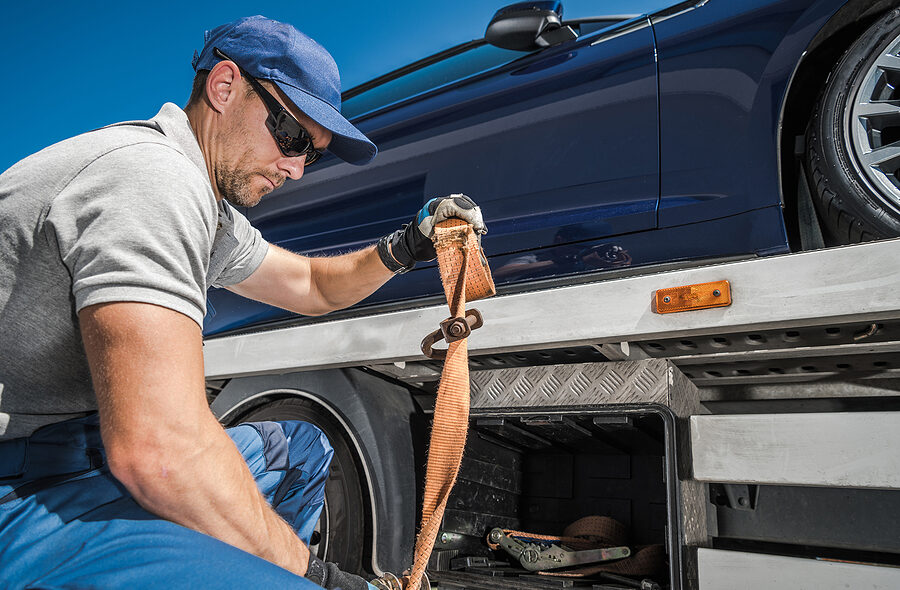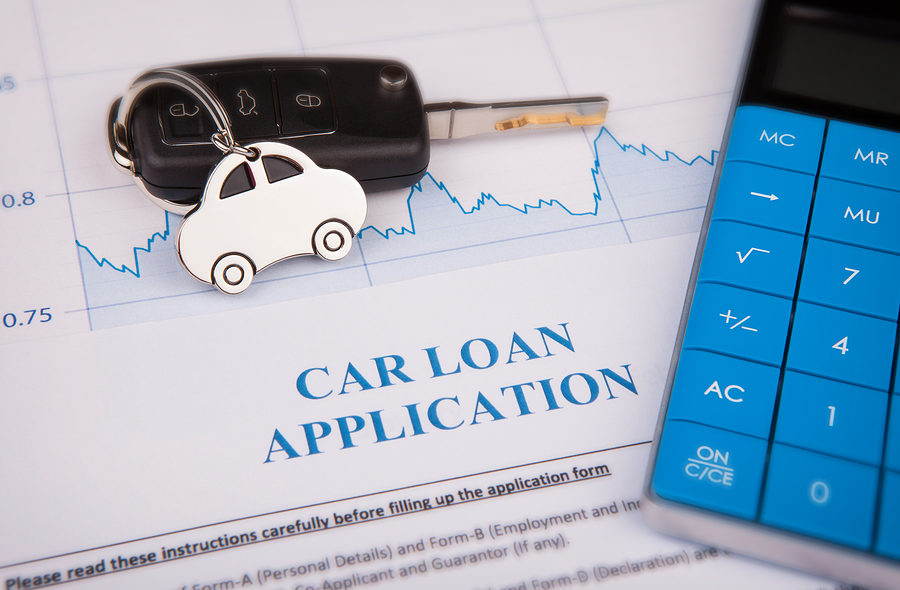Having a car for most of us is a necessity, especially if someone wants to get a job and maintain employment. However, the purchase of a vehicle can be tricky for those struggling financially. For many car buyers, a subprime auto loan seems like the perfect solution. However, these types of loans are often more trouble than they are worth, and we caution consumers before using them to finance a vehicle purchase.
What Is a Subprime Car Loan?
A subprime auto loan is a loan aimed at borrowers who have lower credit scores to help them purchase a vehicle. They are offered by various lenders, including larger national banks, as well as smaller finance companies. Many subprime car loans are offered through online lenders, appealing to those who need quick financing.
Disadvantages of Subprime Car Loans
Many different downsides exist to using a subprime auto loan to purchase a vehicle, including the following:
- High Interest Rates: Because subprime car loans are normally targeted towards borrowers with lower credit scores, they come with higher interest rates. In fact, subprime car loans can have interest rates that are three times what a borrower with good credit would receive. These high interest rates are meant to offset the risk the borrower poses to the lender, but what results is the borrower making higher payments for a longer period of time on a car that is nowhere near the value of the loan owed on it.
- Subprime Car Loans Are Expensive: Because of the high interest rates that accompany subprime car loans, the total amount the purchaser ends up paying can be significant. In fact, a large amount of what the purchaser ends up paying on a monthly basis is solely interest that serves as profit for the lender and makes no dent in the principal owed.
- Aggressive Debt Collection Tactics: If the purchaser is not able to keep up with payments on the subprime loan, the situation can get ugly very quickly. Some of the less-than-reputable subprime lenders have been known to be quite aggressive when it comes to collecting on a subprime loan. If the loan was obtained through a larger bank, some of these lenders may be willing to work with the borrower on a payment plan, while others will go directly to collections or even repossession of the vehicle. The last thing a borrower with a low credit score needs is a default or collection on his or her credit report, but the high interest rates on these loans can make it very difficult to keep up with payments.
- Vehicle Tracking for Repossession: Not every vehicle that has been purchased through a subprime loan comes with this feature, but it is a common practice for subprime auto lenders to use electronic trackers on the cars to make finding the car easier in the event the vehicle is repossessed. Other devices have been known to completely disable the car if a payment is missed or until the lender gets the car back. The problem is the purchaser may not even know this device is on the car until it is too late. If the borrower believes he or she is going to be late on a payment, it is best to let the lender know in the event this device is installed on the vehicle.
Avoiding a Subprime Car Loan
Many different options exist for a borrower who has bad credit and who still needs to purchase a car. One common solution is to find a co-signer with good credit to help get the loan. Another option is to find a second-chance lending program to purchase a car. Many lenders offer these types of programs to their customers who have less than perfect credit. However, not all lenders offer these types of programs.
In the event a borrower has no choice but to accept a subprime car loan, it is recommended that he or she keep up with payments. After a year or so of regular and consistent payments, the borrower may be able to refinance the loan with a better interest rate and loan terms.
Please click here to read more.
If you have questions on this topic or are in financial crisis and considering filing for bankruptcy, contact an experienced Miami bankruptcy attorney who can advise you of all of your options. As an experienced CPA as well as a proven bankruptcy lawyer, Timothy Kingcade knows how to help clients take full advantage of the bankruptcy laws to protect their assets and get successful results. Since 1996 Kingcade Garcia McMaken has been helping people from all walks of life build a better tomorrow. Our attorneys’ help thousands of people every year take advantage of their rights under bankruptcy protection to restart, rebuild and recover. The day you hire our firm, we will contact your creditors to stop the harassment. You can also find useful consumer information on the Kingcade Garcia McMaken website at www.miamibankruptcy.com.


